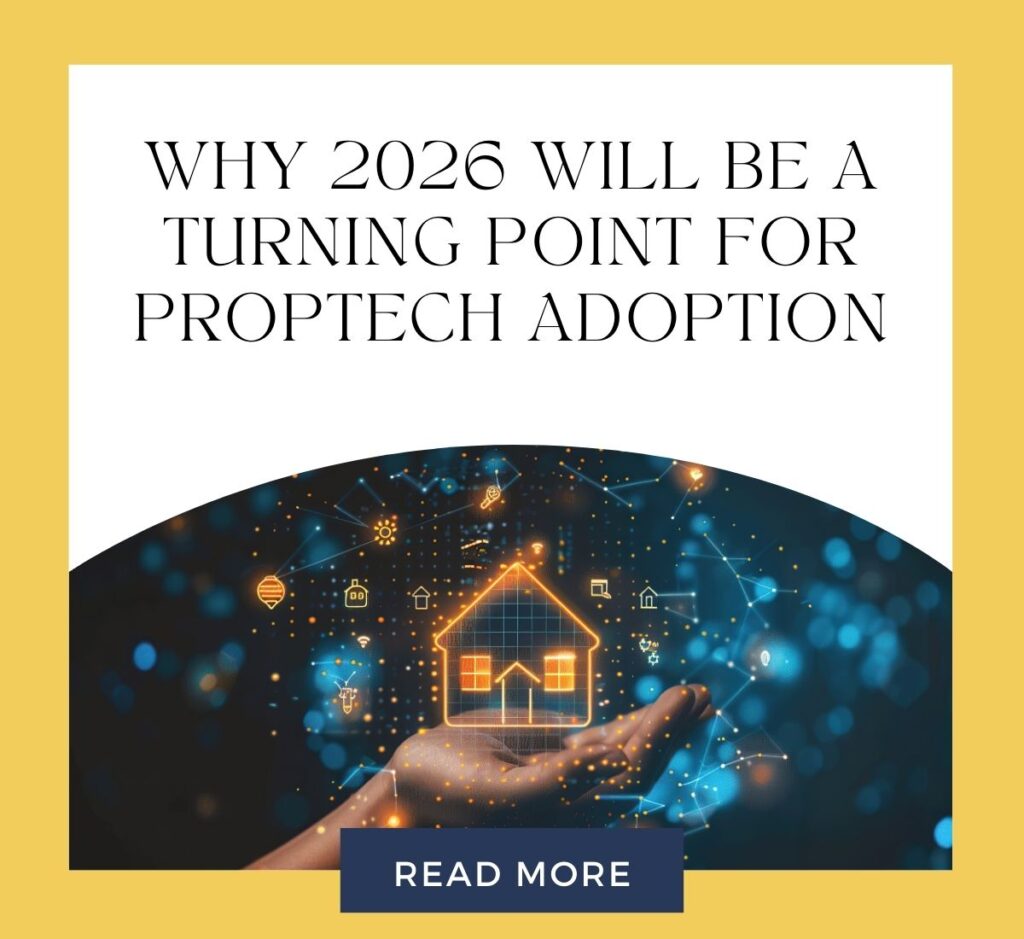As the world accelerates toward a sustainable future, electric vehicles (EVs) are becoming a cornerstone of modern transportation. In the United States, EV adoption rates are climbing steadily, driven by environmental awareness, technological advancements, and supportive policies. For multifamily property owners and managers, this trend presents both an opportunity and a necessity to adapt. PropTech IQ, a leading independent property technology validation provider, underscores the critical role of EV charging infrastructure as a transformative amenity that enhances resident satisfaction, boosts property value, and aligns with market demands. This article explores the current state of EV adoption in the U.S., the growing demand for EV charging, and why it’s becoming a must-have for multifamily properties.
EV Adoption Rates in the United States
The adoption of electric vehicles in the U.S. has seen significant growth over the past few years. According to the International Council on Clean Transportation (ICCT), EV sales surged by 50% in 2023, with over 1.4 million units sold, accounting for approximately 8.1% of total auto sales in the fourth quarter of 2023 (ICCT, 2024). By May 2025, battery electric vehicles (BEVs) made up 7% of new vehicle sales, with plug-in hybrid electric vehicles (PHEVs) contributing an additional 2%, though the trailing 12-month average shows a slight stagnation at 7.9% for BEVs (BloombergNEF, 2025). Projections from the U.S. Energy Information Administration (EIA) suggest that EVs are on track to reach 50% of U.S. auto sales by 2030, with some estimates indicating that nearly 30% of vehicles sold by then will be electric (EIA, 2024).
California leads the nation with robust EV sales, while other states rely on incentives to drive adoption (California Energy Commission, 2024). The rapid growth in EV registrations—outpacing the overall auto industry in June 2024 with a 3.3% year-over-year increase—signals a clear shift in consumer preferences (S&P Global Mobility, 2024).
Growing Demand for EV Charging Infrastructure
As EV ownership rises, so does the demand for convenient and accessible charging options, particularly for renters in multifamily properties. A 2022 National Multifamily Housing Council (NMHC) survey found that 27% of renters expressed interest in EV charging stations, with respondents willing to pay an average premium of $28.12 per month for access (NMHC, 2022). This demand is not merely a preference but a competitive differentiator in the multifamily market. Renters, especially younger, tech-savvy generations, increasingly view EV charging as a non-negotiable amenity, akin to high-speed internet or smart home features.
The U.S. Department of Energy’s adoption of an International Code Council provision mandates that apartment communities with 25 or more parking spaces provide EV charging infrastructure for up to 20% of their lots, further underscoring the urgency for multifamily properties to adapt (DOE, 2023). In high-demand markets like California, some luxury properties are installing chargers for up to 80% of parking spaces, reflecting the unique needs of their resident demographics (Multi-Housing News, 2024).
PropTech IQ’s Perspective: EV Charging as a Strategic Investment
As pioneers in property technology validation, we emphasize that EV charging infrastructure is not just a response to demand but a strategic investment that drives financial and operational benefits for multifamily properties. Through our proprietary impact analysis reports, we provide multifamily owners, developers, and managers with unbiased, data-driven insights into the financial implications of adopting technologies like EV charging stations. These reports quantify the impact on Net Operating Income (NOI) and Return on Investment (ROI), enabling decision-makers to confidently integrate EV infrastructure without the burden of costly pilot programs.
Why EV Charging is a Must-Have Amenity
- Enhanced Resident Satisfaction and Retention: Offering EV charging stations caters to the growing population of EV owners, improving resident convenience and satisfaction. Our reports highlight how amenities like EV charging can reduce turnover rates by addressing resident needs, directly impacting NOI through higher occupancy and lease renewals.
- Increased Property Value and Marketability: Properties equipped with EV charging stations command higher market values and attract eco-conscious renters willing to pay a premium. Our analysis shows that such amenities can differentiate properties in competitive markets, boosting rental rates and overall ROI.
- Sustainability and Regulatory Compliance: EV charging aligns with sustainability goals and helps properties meet energy efficiency regulations, such as those mandated by local building performance standards.
- New Revenue Streams: EV charging stations can generate additional income through usage fees or subscription models. Our impact reports provide detailed projections on potential revenue, helping operators evaluate the financial viability of different charging solutions.
The Future of EV Charging in Multifamily Properties
The multifamily industry is undergoing a technological revolution, and EV charging is at the forefront of this transformation. As noted, the integration of property technology (PropTech) and electrification updates creates a modern, efficient living experience that meets the evolving needs of today’s renters. With AI-powered property management and advanced automation on the horizon, EV charging will become increasingly integrated into smart building ecosystems, further enhancing operational efficiency and resident comfort.
For multifamily operators, the question is no longer whether to invest in EV charging but how to do so strategically. Our impact analysis reports empower decision-makers to navigate this transition with confidence, providing clear projections of financial benefits and operational improvements. By adopting EV charging infrastructure now, properties can secure a competitive edge, attract and retain residents, and contribute to a sustainable future.
Conclusion
The rise of electric vehicles in the U.S. is reshaping the multifamily industry, making EV charging infrastructure a must-have amenity. With adoption rates climbing and renter demand intensifying, properties that fail to adapt risk falling behind in a competitive market. PropTech IQ’s impartial, data-driven approach equips multifamily owners, developers, and managers with the tools they need to embrace this trend, delivering measurable improvements in NOI, ROI, and resident satisfaction. As the industry evolves, EV charging will not only meet current demands but also position properties for long-term success in a tech-driven, sustainable future.













